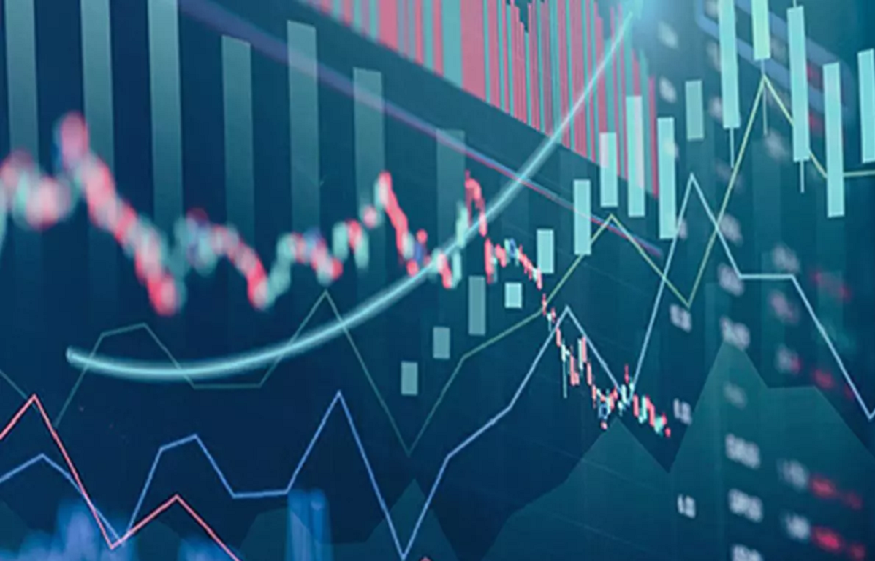The rise of artificial intelligence (AI) has transformed many industries, and trading is no exception. AI-driven algorithms can process vast amounts of data, identify patterns, and execute trades faster than any human. For traders in online CFD trading, this technology offers opportunities for greater efficiency and precision. But can AI truly outthink human traders, or does human intuition still hold an edge?
How AI is Changing Trading
AI uses advanced algorithms to analyze market data and make decisions based on pre-set rules or learned patterns. Unlike human traders, AI can work 24/7 without fatigue, processing enormous amounts of information in real-time. This capability is particularly useful in CFD trading, where market conditions can shift rapidly, requiring quick and accurate reactions.
For instance, an AI system might detect a subtle price trend that would take a human trader hours to recognize. By acting instantly, it can capitalize on opportunities that might otherwise be missed. Additionally, AI eliminates emotional biases, such as fear or greed, that often lead to poor decision-making.
The Strengths of AI in Trading
One of AI’s greatest strengths is its ability to analyze and interpret data at scale. AI systems can monitor multiple markets simultaneously, identifying trends and anomalies that human traders might overlook. This is particularly advantageous in online CFD trading, where traders often deal with various asset classes, such as forex, stocks, and commodities.
AI also excels at backtesting, which involves testing a trading strategy against historical data to evaluate its effectiveness. By doing this quickly and accurately, AI helps traders refine their strategies before applying them to live markets. This reduces risk and improves the likelihood of success.
Moreover, AI is adept at executing high-frequency trades, where success depends on speed. These microsecond trades, impossible for humans to perform, capitalize on tiny price movements and can generate consistent profits over time.
The Limitations of AI
Despite its strengths, AI is not without limitations. One major drawback is its reliance on historical data. AI systems make decisions based on patterns observed in past market behavior, which may not always predict future movements accurately. Markets are influenced by unforeseen events, such as geopolitical developments or economic shocks, which AI cannot fully anticipate.
For example, an AI system might struggle to adjust during a market crash triggered by a sudden event, whereas a human trader might recognize the broader context and react accordingly. In CFD trading, where volatility is common, this adaptability is critical.
Another limitation is the potential for over-optimization. AI systems can become too finely tuned to historical data, making them less effective in real-world scenarios. Traders relying solely on AI may find their strategies fail when market conditions change unexpectedly.
The Role of Human Traders
While AI can process data and execute trades faster, human traders bring qualities that machines cannot replicate. Intuition, creativity, and the ability to interpret complex situations are uniquely human strengths that remain valuable in trading.
For example, a trader analyzing a company’s performance might consider factors like leadership changes or industry trends, which AI might not weigh appropriately. In online CFD trading, where sentiment and psychology play significant roles, human insight can provide an edge.
Additionally, human traders are better equipped to handle ethical considerations. AI systems are designed to maximize efficiency, but they may inadvertently exploit market inefficiencies in ways that could lead to regulatory issues.
Combining AI and Human Expertise
The real potential lies in combining AI with human expertise. Traders can use AI to handle data analysis, identify opportunities, and execute trades, while relying on their own judgment for strategic decisions. This hybrid approach leverages the strengths of both, improving performance in CFD trading and other markets.
For instance, a trader might use AI to scan markets for signals and generate alerts, then decide whether to act based on their own interpretation of the data. By working together, AI and human traders can navigate the complexities of modern markets more effectively.
AI has undoubtedly revolutionized trading, offering speed, precision, and the ability to analyze vast amounts of data. For those in online CFD trading, it provides powerful tools to stay competitive in fast-paced markets. However, AI is not infallible. Human intuition, adaptability, and ethical judgment remain essential components of successful trading. Rather than replacing human traders, AI complements their skills, creating a partnership that maximizes the strengths of both.

